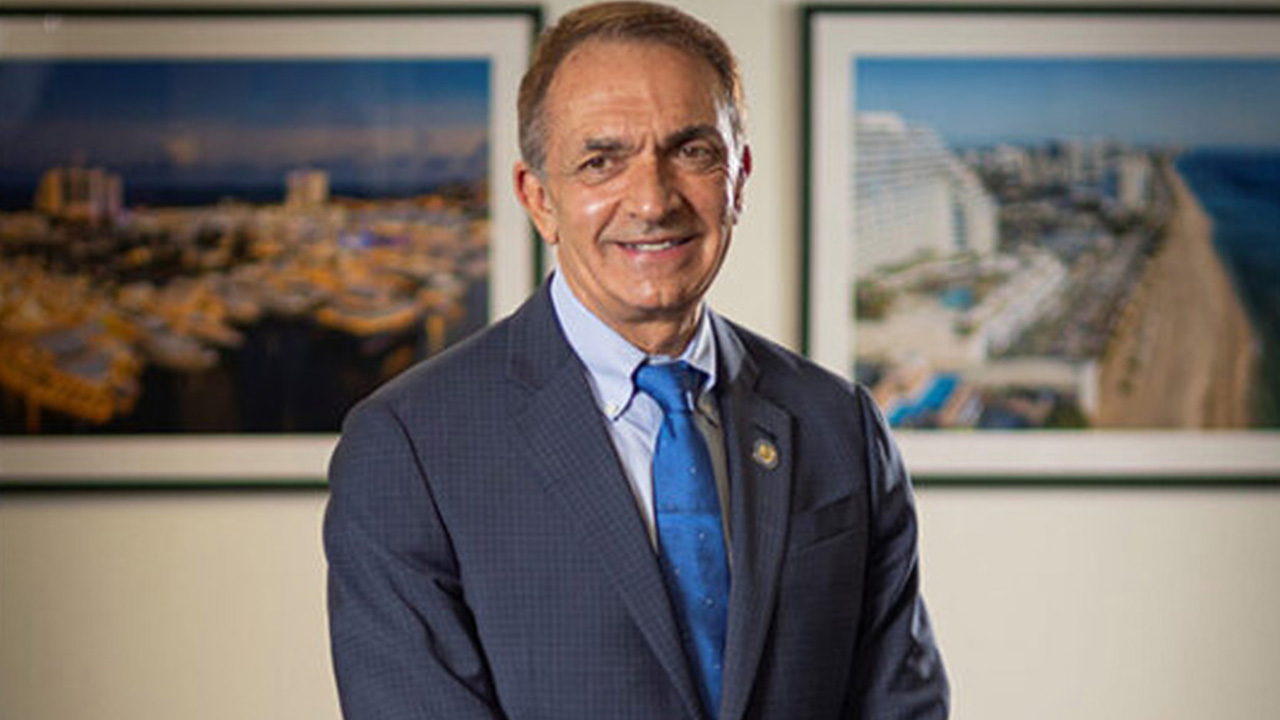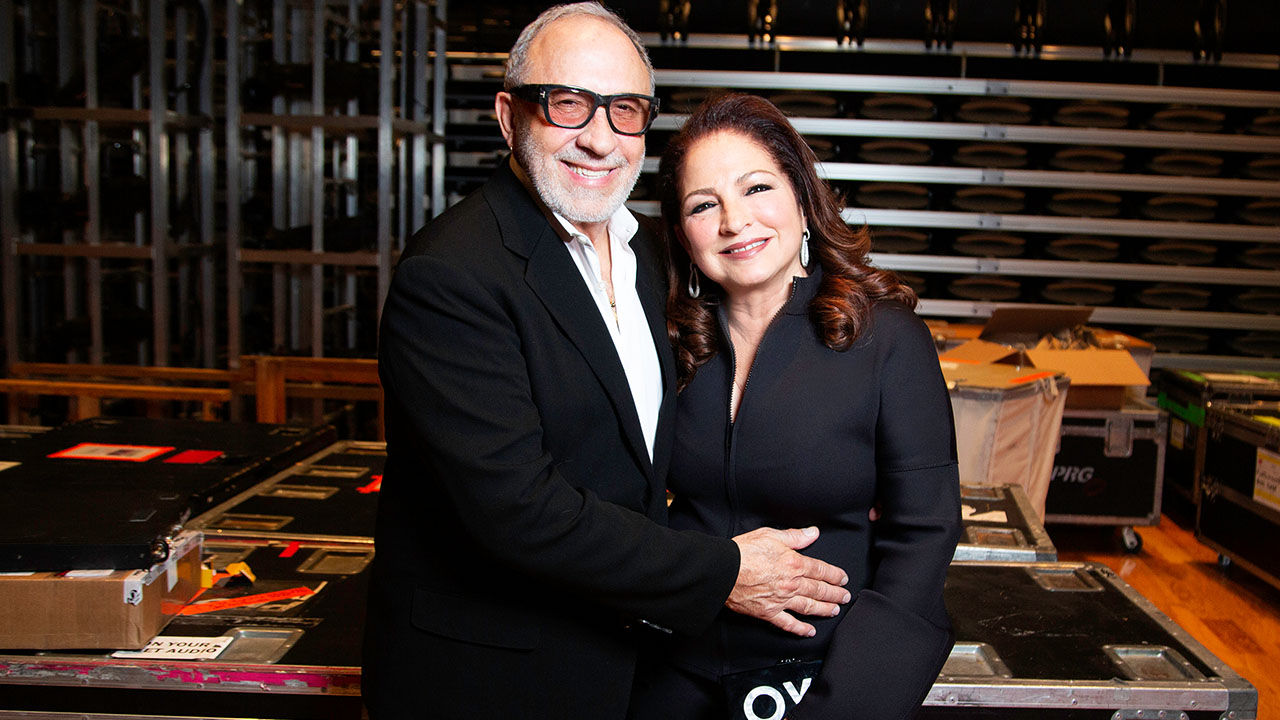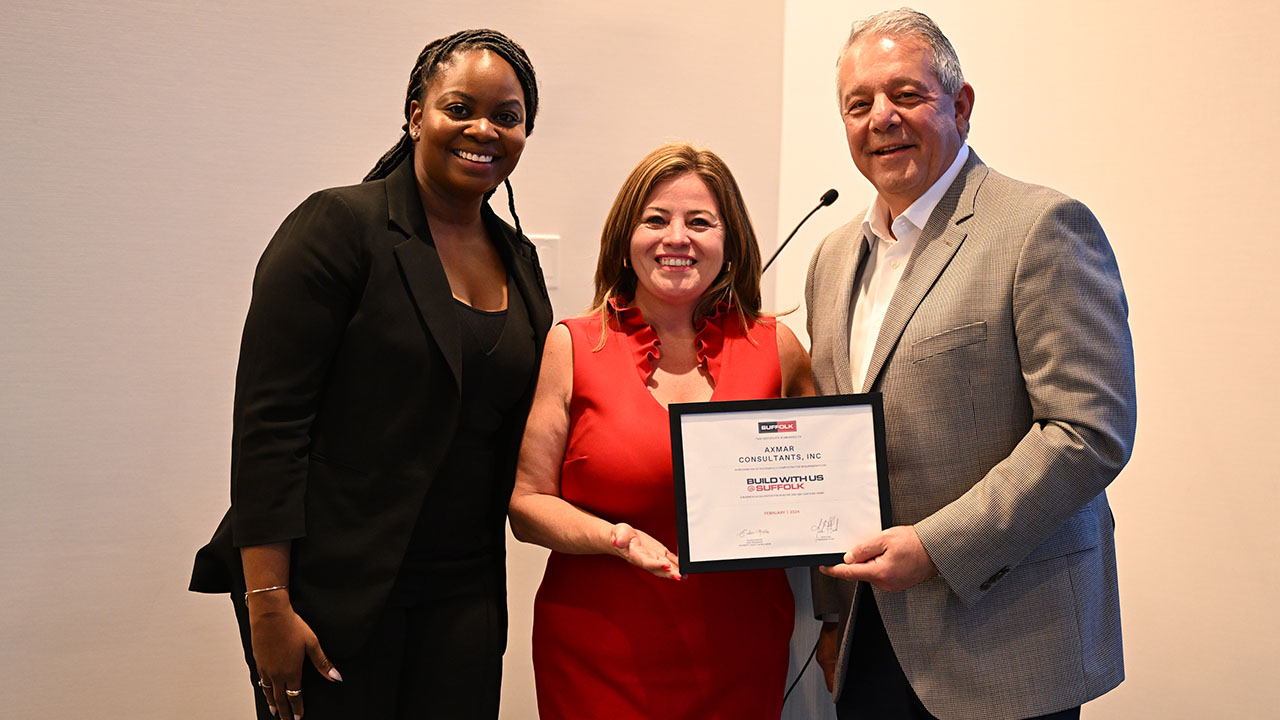Dear Mr. Berko: I have $63,000 to invest in five high-yield stocks that you think have good long-term potential. Please don’t recommend any closed-end funds or exchange-traded funds, which seem to be the only things, along with annuities and mutual funds, that stockbrokers recommend today. By the way, why is that? — WO, Vancouver, Wash.
Dear WO: Brokers are trained to be salesmen, not analysts. And the firms they work for measure their salesmen’s success by the amount of commission dollars the salesmen earn for them, not by how well clients’ accounts perform. That’s true at Merrill Lynch, UBS, Morgan Stanley, Oppenheimer, Wells Fargo, Raymond James and others. They sell closed-end funds and exchange-traded funds because it is easier and takes less time to sell CEFs and ETFs, which are basically mutual funds. If a CEF or ETF doesn’t perform, the brokster blithely blames management. He doesn’t admit his responsibility. Then he quickly moves you to another CEF or ETF.
W.P. Carey (WPC-$62.38) is an impressive international equity real estate investment trust that provides long-term sales and leasebacks, plus build-to-suit projects, for companies around the globe. The 6.34 percent dividend has been increased every year since inception in 1998, and in the past 12 months, WPC has traded between $51 and $72. Revenues and earnings will be off slightly in 2017. However, management expects to increase the dividend this year, which is one of the reasons Vanguard, BlackRock, Fidelity and Goldman Sachs own millions of shares. This is a quality long-term investment.
Sunoco (SUN-$29.89) is a growth-oriented master limited partnership distributing Sunoco-brand motor oil and fuel to about 7,000 convenience stores, independent dealers, commercial customers and distributors and operating an additional 1,340 fuel sites and convenience stores. SUN’s operations span 30 states east of the Mississippi, and management intends to open 35 to 40 new convenience stores each year. SUN is the largest independent gas marketer in Hawaii and owns an extensive wholesale fuel distribution network there. The shares yield 11.17 percent, and a recent report by Credit Suisse is bullish on this $14 billion-revenue company, of which insiders own 28 percent.
Medical Properties Trust (MPW-$12.74), a real estate investment trust, acquires, develops and invests in health care facilities and leases them to health care operators and providers. MPW also provides mortgage loans and working capital to tenants and buyers. Its website says it “is prepared to provide up to 100 percent financing from $10 million to $1 billion for hospital acquisitions, facility expansions, sale-leasebacks and new developments including facility replacement. And physician participation is welcomed.” Revenues for 2017 should grow by 20 percent, to $645 million, and the current 92-cent dividend, yielding 7.13 percent, is likely to be raised this year. S&P Capital IQ has a “buy” rating on MPW, with a high target of $17, while Vanguard, BlackRock, Fidelity, State Street and Northern Trust own over 100 million shares. Over 70 percent of MPW is owned by six mutual funds!
Vodafone Group (VOD-$24.43) expects to record $57.4 billion in revenues this year, up from $56.1 billion last year. The earnings of this worldwide telecommunications company — which serves 465 million mobile phones, 13 million fixed broadband subscribers and 9.7 million TV customers — will improve to 94 cents a share this year, up from 71 cents in 2016. And aided by its cloud and hosting services, its unified communications services and its M-Pesa mobile money transfer service, VOD expects to raise its $1.53 dividend, yielding 6.22 percent, to $1.61 in 2017. The consensus on Wall Street has a price target between $38 and $41.
TICC Capital (TICC-$7.22) is a business development company and a wild-hare speculation with a $1.16 dividend yielding 16.2 percent. TICC invests between $5 million and $30 million in the equity and debt securities of technology-related ventures in smaller high-tech firms. And it seeks to exit these investments within six to eight years. Earnings should increase from 45 cents a share last year to 52 cents this year, and there’s a high degree of probability that the dividend is safe this year, with some suggesting an increase in 2018. Meanwhile, Market Edge has a strong “buy” recommendation, and since May, CEO Jonathan Cohen and COO Saul Rosenthal have purchased over 1 million shares for between $5 and $6 a share.
Don’t cherry-pick; invest an equal dollar amount in each issue.
Please address your financial questions to Malcolm Berko, P.O. Box 8303, Largo, FL 33775, or email him at mjberko@yahoo.com. To find out more about Malcolm Berko and read features by other Creators Syndicate writers and cartoonists, visit the Creators Syndicate website at www.creators.com.
COPYRIGHT 2017 CREATORS.COM
Editor’s Letter: Everything Still Seems Pretty Good
I don’t know about you, but I am getting tired of waiting for a recession. Yes, there are a few worrisome signs nationally, such as vacant office space and we

Local South Florida Cocktail Recipes to Craft During National Cocktail Day
The celebration will commence on Sunday, March 24.

Miami Marlins Set to Kick Off Much-Awaited 2024 Season
The team will host the Pittsburgh Pirates for the home opener on March 28.

Healthcare Investor Hosts Fundraising Event for Fort Lauderdale Mayor Dean Trantalis
The evening will feature a Frank Sinatra impersonator, networking and a chance to raffle prizes from Amaira Med Spa & Surgical.

Other Posts
Fort Lauderdale International Film Festival Hosts Oscars Watch Party
Space is limited and advance purchase of tickets is required.

Desai Foundation Hosts Holi Celebration in Miami
The aim is to raise awareness and support for health, livelihood, and menstrual equity programs in India.

Set Sail for Fun: Inaugural Red Shield Regatta Launches in March
The evening will be hosted by Captain Lee Rosbach of Bravo TV’s Below Deck.

Editor’s Letter: A Heartfelt Return
If you are a longtime SFBW reader and are wondering what the heck I am doing back here with an editor’s column, well there’s a story behind that. It was








